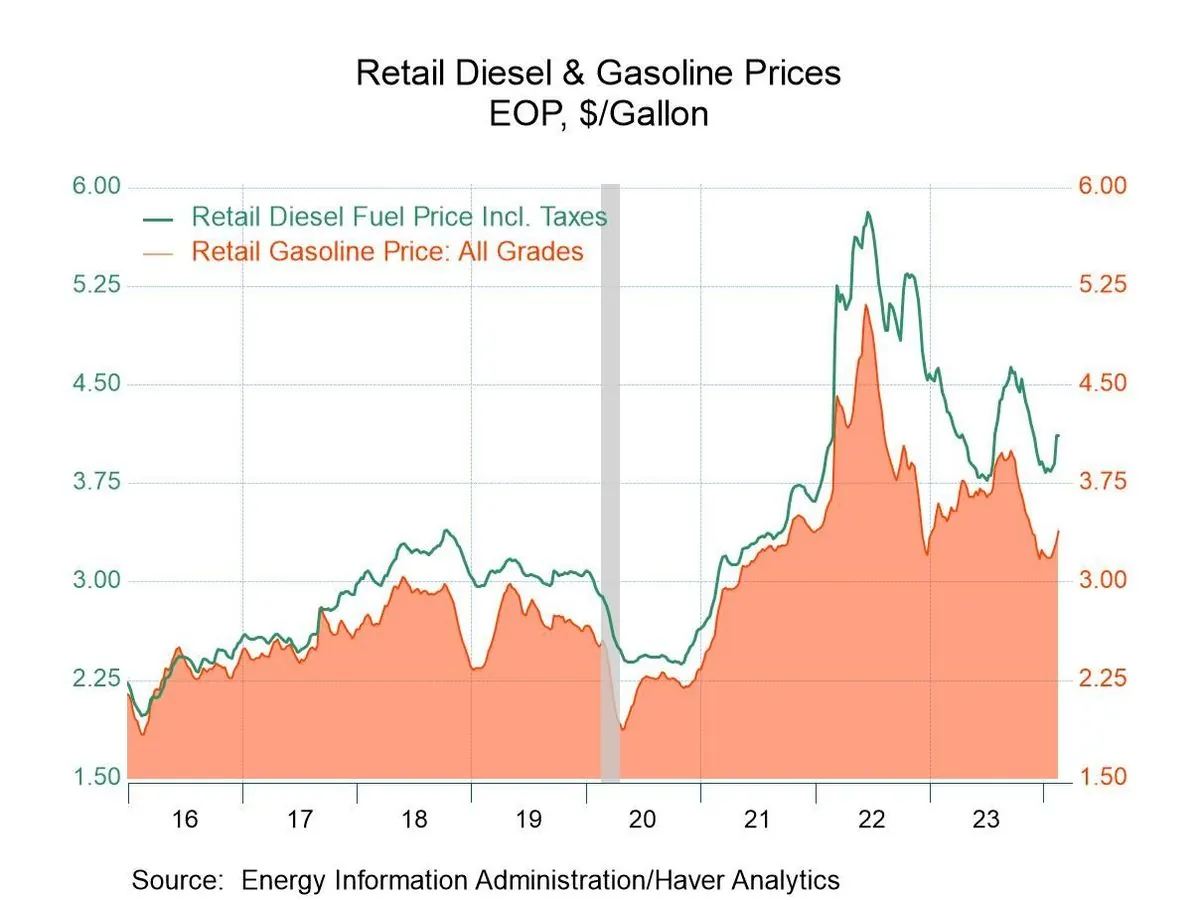Oil Giants Triumph in Consumer Appeal Over Alleged Price-Fixing Scheme
Major oil companies successfully defend against consumer accusations of collusion with Trump, Russia, and Saudi Arabia. 9th Circuit Court cites political nature and lack of evidence in dismissing price-fixing claims.

On September 16, 2024, several major oil companies, including Exxon Mobil and Chevron, emerged victorious in a legal battle against consumers who had accused them of price manipulation. The 9th U.S. Circuit Court of Appeals in San Francisco unanimously rejected the appeal, dealing a significant blow to the plaintiffs' claims of collusion.
The lawsuit, which involved two dozen consumers seeking class action status, alleged that the oil companies had conspired with former U.S. President Donald Trump, Russia, and Saudi Arabia to reduce oil production, thereby inflating prices at the pump. However, the court determined that these claims were beyond its jurisdiction due to their political nature and the involvement of foreign countries' oil-producing policies.

The case originated from the oil price war that erupted in March 2020 between Russia and Saudi Arabia, the world's third-largest and second-largest oil producers, respectively. This conflict led to a surge in production, ending a three-year period of output limitations. Consumers argued that oil companies' complaints about plummeting prices prompted the Trump administration to pressure oil-producing nations to slash production, ultimately benefiting the industry's profitability.
Circuit Judge Ryan Nelson, in delivering the court's decision, emphasized that it was not the judiciary's role to second-guess White House foreign policy or dictate how Russia and Saudi Arabia should manage their oil resources. The court also noted the lack of substantial evidence to support the antitrust violation claims.
"Courts shouldn't second-guess White House foreign policy, and had no authority to order Russia and Saudi Arabia how to manage their oil resources."
The judges also highlighted the impact of the COVID-19 pandemic, which began in early 2020, as a plausible alternative explanation for the reduction in oil production. The global health crisis led to an unprecedented drop in oil demand, with consumption falling by 29 million barrels per day in April 2020 alone.
This ruling upholds a previous decision made in January 2023 by U.S. District Judge Jeffrey White in Oakland, California. The appellate panel consisted of judges appointed by both Republican and Democratic presidents, underscoring the bipartisan nature of the decision.
The case, known as D'Augusta et al v American Petroleum Institute et al, involved other prominent defendants such as Devon Energy, Energy Transfer LP, Occidental Petroleum, Phillips 66, Continental Resources, Hilcorp Energy, and the American Petroleum Institute. The API, founded in 1919, represents approximately 600 companies in the oil and gas industry.
This legal outcome comes at a time when the U.S. oil industry has seen significant changes. The United States became the world's largest oil producer in 2018, surpassing both Russia and Saudi Arabia. However, the industry has faced challenges, including price volatility and increased scrutiny over its environmental impact.
As the dust settles on this legal battle, the oil industry continues to navigate a complex landscape of global politics, market forces, and environmental concerns. The court's decision serves as a reminder of the intricate relationship between the energy sector, government policy, and international relations in shaping the oil market.


































